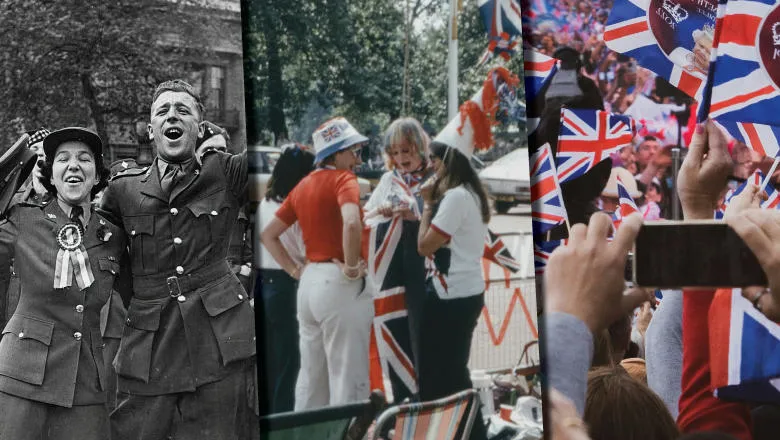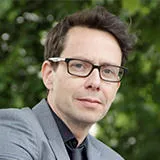Britain now and then: shifting beliefs and behaviours during the 20th and 21st centuries

This research series updates and reanalyses historic surveys from Gallup and NOP – some dating as far back as the 1930s – to explore how social and political attitudes, beliefs and behaviours have changed in Britain over the course of the 20th and 21st centuries.
Painting a picture of the country then and now, these old surveys are hugely valuable pieces of social science infrastructure that should be used and refreshed, not forgotten and lost.
This series is composed of three reports:
Everyday life, education and work in the UK
Key findings include:
-
Just two in 10 (21%) people thought children should have homework after school back in 1937, compared with seven in 10 (68%) today.
-
In 1946, 43% thought boys and girls should be taught separately, but now 76% are in favour of them being taught together.
-
In a sign of the progress made on women’s rights and equality, far fewer women today would prefer to switch gender than they once did: in 1947, 37% of women said they’d rather be a man – compared with just 9% today.
-
A quarter (24%) of men said they did no housework in 1947. Now just 4% admit to this.
-
Two-thirds of people (66%) now say they exercise to keep fit – up from around four in 10 (44%) in 1937.
Politics, democracy and the UK’s role on the world stage
Key findings include:
-
53% now say Britain should choose Europe over America if it ever had to decide between the two as allies, compared with 31% who say the opposite – an almost mirror image of opinion back in 1967, when the public favoured America to Europe by 53% to 33%.
-
The public are now almost twice as likely to say they’d prefer the UK to be more like Sweden and Switzerland (51%) instead of trying to be a leading world power (28%) – virtually the opposite to attitudes in 1964, when 51% said the country should attempt to be a world power and 32% said it should follow Sweden and Switzerland’s example.
-
Three-quarters (74%) of the public today think there is a class struggle in the UK – a big increase from around half (48%) who held this view in 1964.
-
Seven in 10 (69%) people today say we have democracy in Britain – up from half (50%) in 1946.
Festive attitudes and behaviours
Key findings include:
-
One in nine people (11%) said they’d be spending Christmas Day alone in 2024 – up from one in 20 (5%) in 1969 – with the biggest increase seen among the youngest surveyed, where one in 11 (9%) 21- to 34-year-olds now say they’ll be alone, an increase from one in 100 (1%) 56 years ago.
-
Six in 10 (62%) people today think parents should encourage their children to believe in Santa Claus – down from three-quarters (75%) in 1969.
-
80% of the public now agree Christmas is too commercialised – nearly unchanged from the 83% who felt this way 56 years ago.
Particular thanks to John Rentoul, Chief Political Commentator at the Independent, for his expert input on selecting and sourcing such interesting old questions, Focaldata for the data collection, and the Archive of Market and Social Research for their excellent archive of past surveys.

